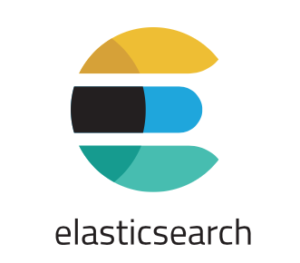
Update: Elastic Shifts Licensing Terms, Citing Amazon Moves

Elastic is modifying its licensing arrangements for source code underlying Elasticsearch and Kibana, creating a dual framework that the company insists will maintain access and collaboration within the open source efforts.
The licensing shift stems from a dispute with Amazon Web Services (NASDAQ: AMZN) over the use of code for the cloud provider’s distribution of Elasticsearch. AWS counters that the move means Elasticsearch and Kibana “will no longer be open source software.”
“This license change ensures our community and customers have free and open access to use, modify, redistribute and collaborate on the code,” Shay Banon, Elastic’s founder and CEO, announced in a blog post. “It also protects our continued investment in developing products that we distribute for free and in the open by restricting cloud service providers from offering Elasticsearch and Kibana as a service without contributing back.”
In an extended Twitter thread, Banon went further: “Recently, we found more examples of what we consider to be ethically challenged behavior. We have differentiated with proprietary features, and now see these feature designs serving as ‘inspiration’ for Amazon, telling us their brazen behavior continues. NOT OK.”
Banon continued: “When Amazon announced their Open Distro for Elasticsearch fork, they used code that we believe was copied by a third party from our commercial code and provided it as part of the Open Distro project. NOT OK.”
The resulting dual license strategy adds a Server-Side Public License along with an existing Elastic license. “Moving to the dual license strategy with SSPL or the Elastic License is a natural next step for us after opening our commercial code and creating a free tier, all under the Elastic License, nearly 3 years ago,” Banon noted.
With the upcoming release of Elastic 7.11, the company (NYSE: ESTC) said it would shift Apache 2.0-licensed code for Elasticsearch and Kibana to the dual license scheme. Banon said the change would allow users to choose which license to apply. He noted that others, including SSPL developer MongoDB (NASDAQ: MDB), have adopted similar licensing schemes.
“As a follow-up to this change, we will begin moving our free proprietary features from the Elastic License to be dual-licensed under the SSPL as well, which is more permissive and better aligned with our goals of making our products as free and open as possible,” Banon added.
In an update on the licensing change, Banon said “the vast majority of our users will not be impacted,” adding, “The folks who take our products and sell them directly as a service will be impacted, such as the Amazon Elasticsearch Service.”
The Twitter thread laying out Elastic’s side of the dispute with AWS is here.
Responding to Elastic’s licensing shift, AWS announced Thursday (Jan. 21) it would create and maintain an version 2.0 Apache License fork for Elasticsearch and Kibana. The company cited industry concerns about the SSPL framework, concerns that make it “unacceptable to many in the open source community.”
The cloud giant’s full response to Elastic’s licensing changes is here.
–Editor’s note: This story has been updated with comment from Amazon Web Services.
Recent items:
Elastic Eyes Security and APM for Expansion Effort
Elastic IPO Expected to Raise $250M
































